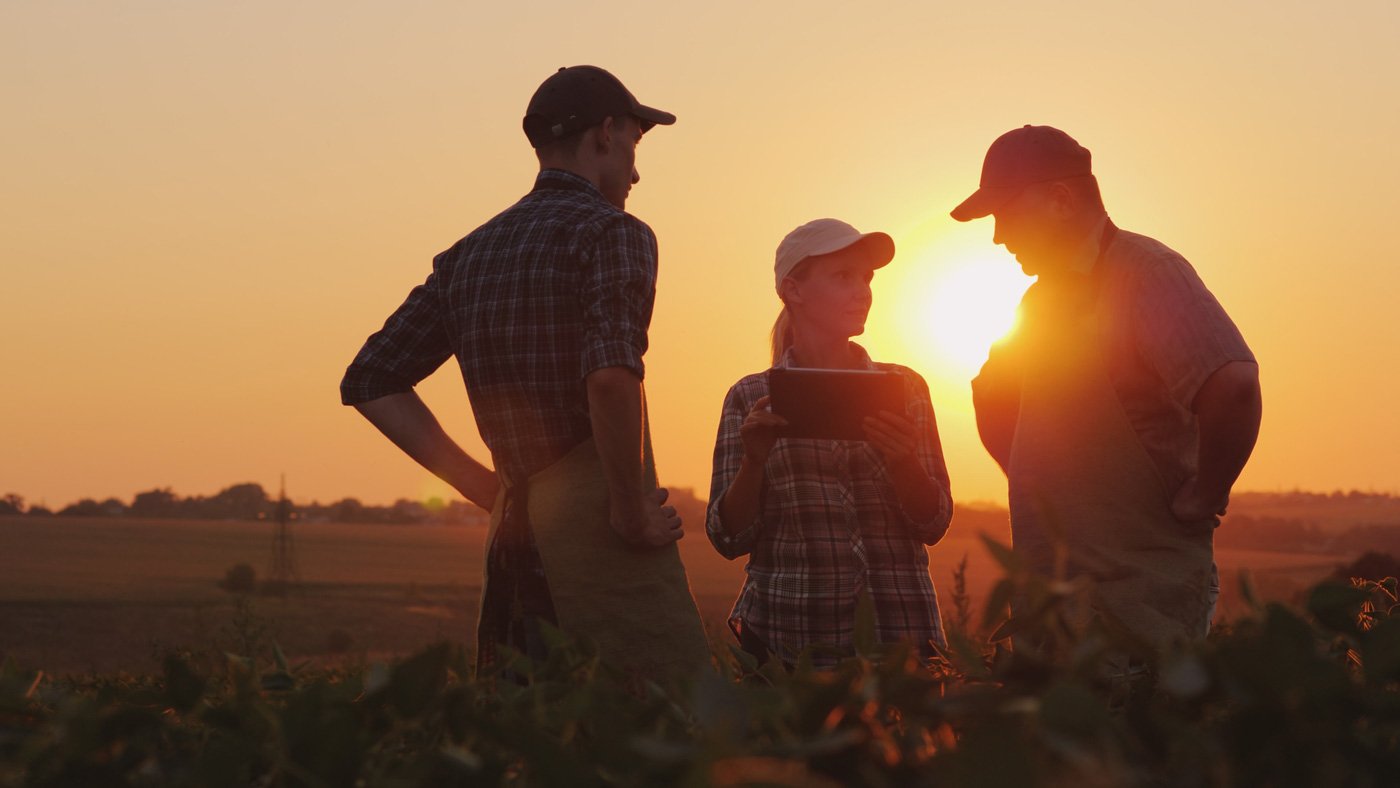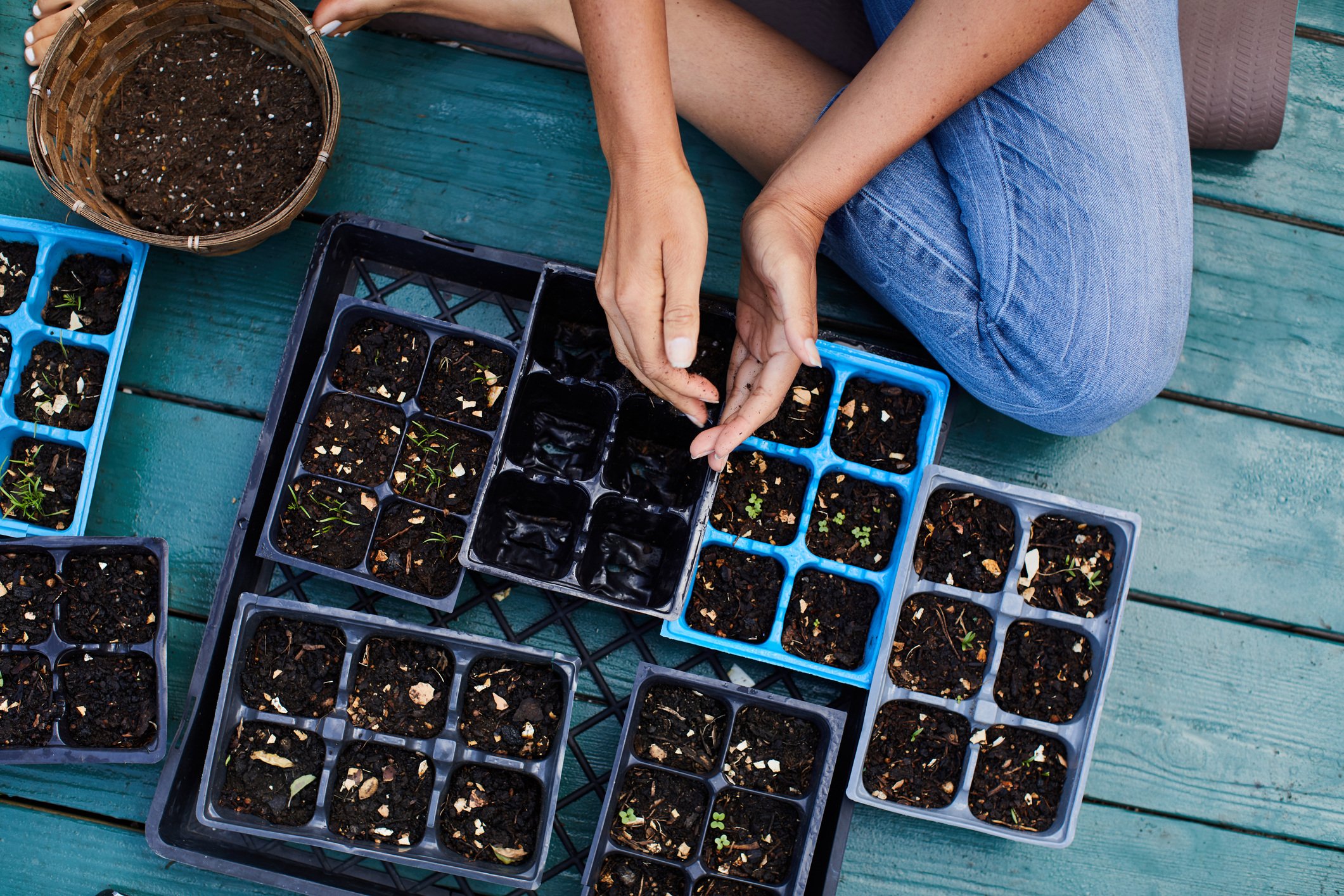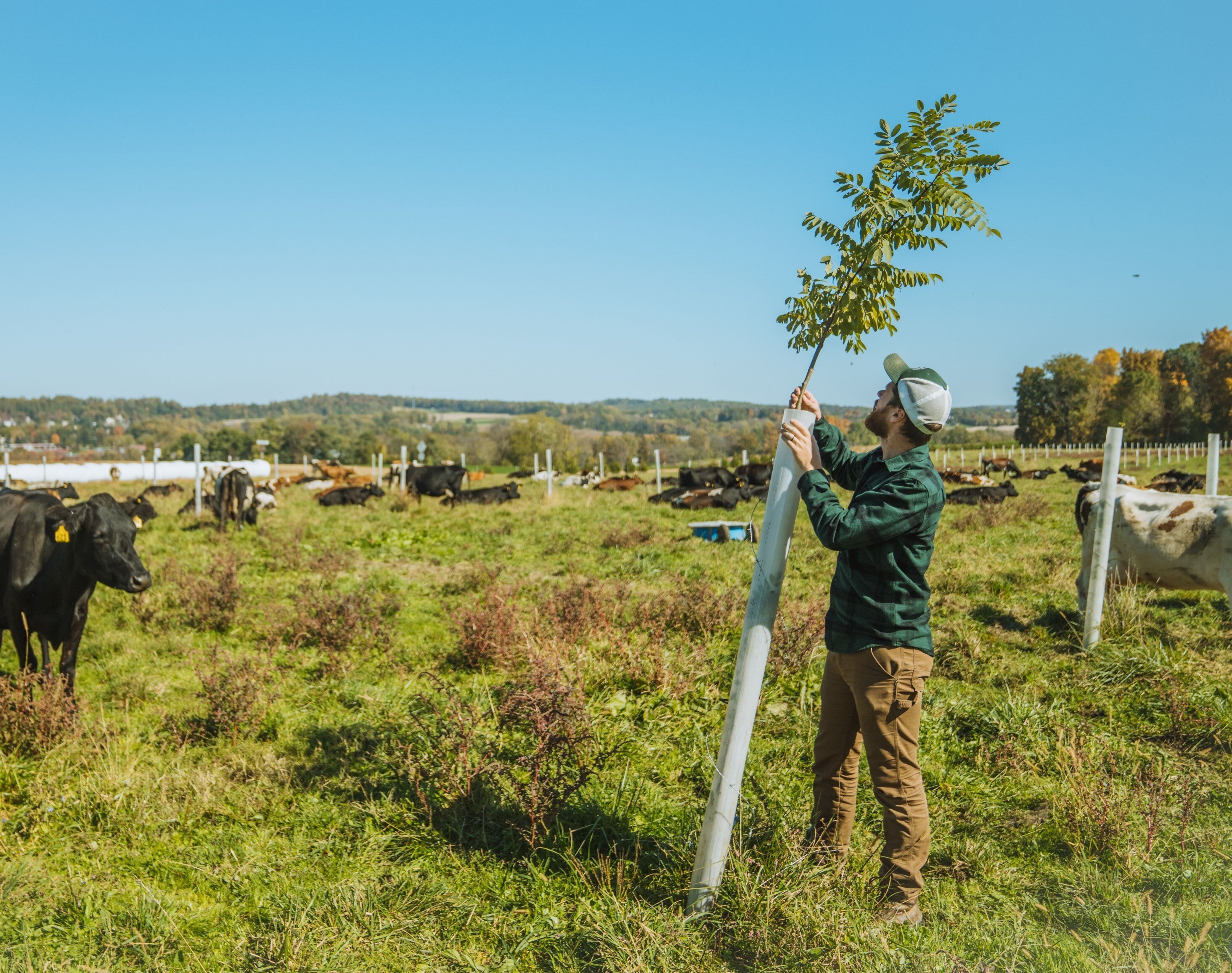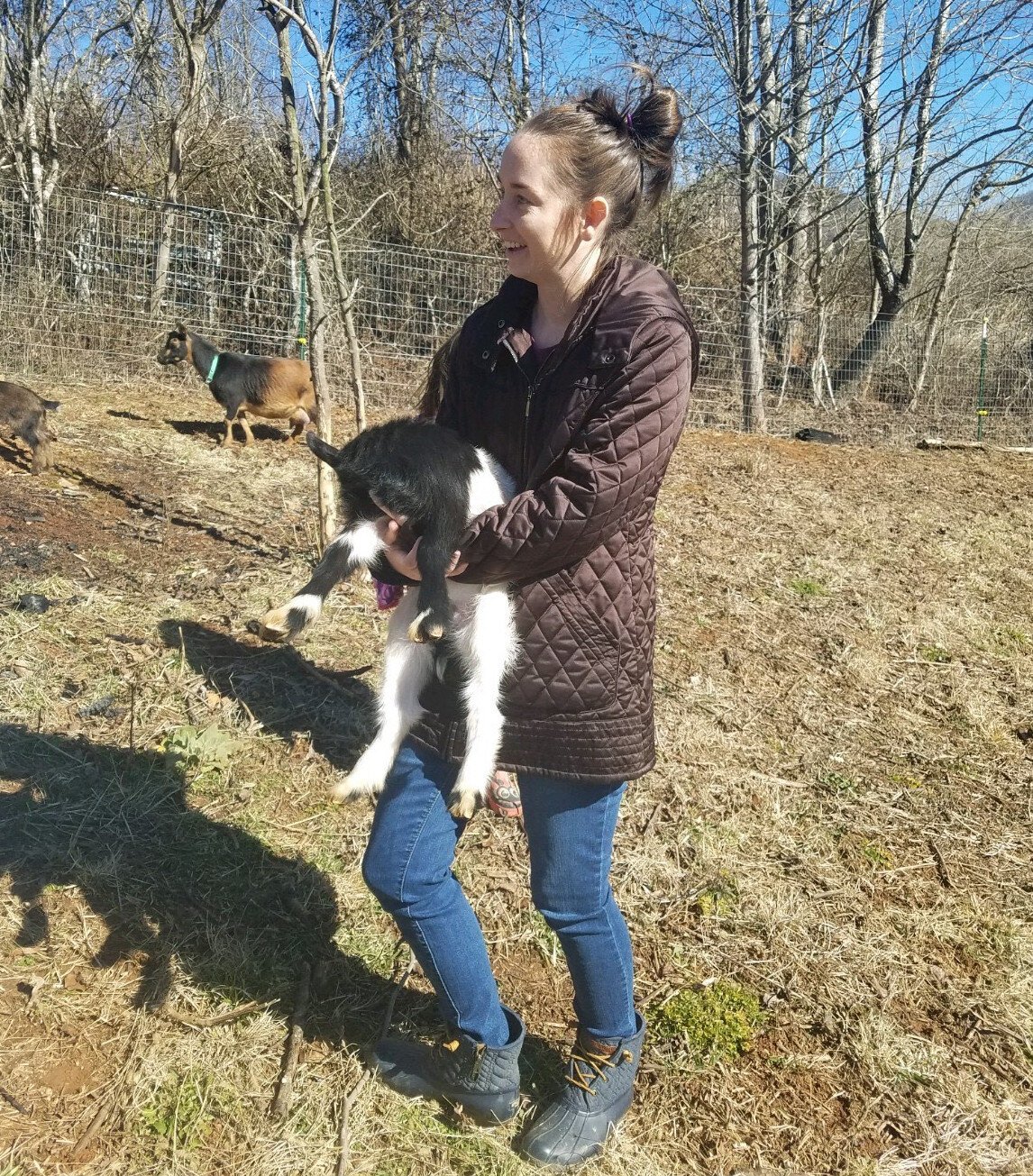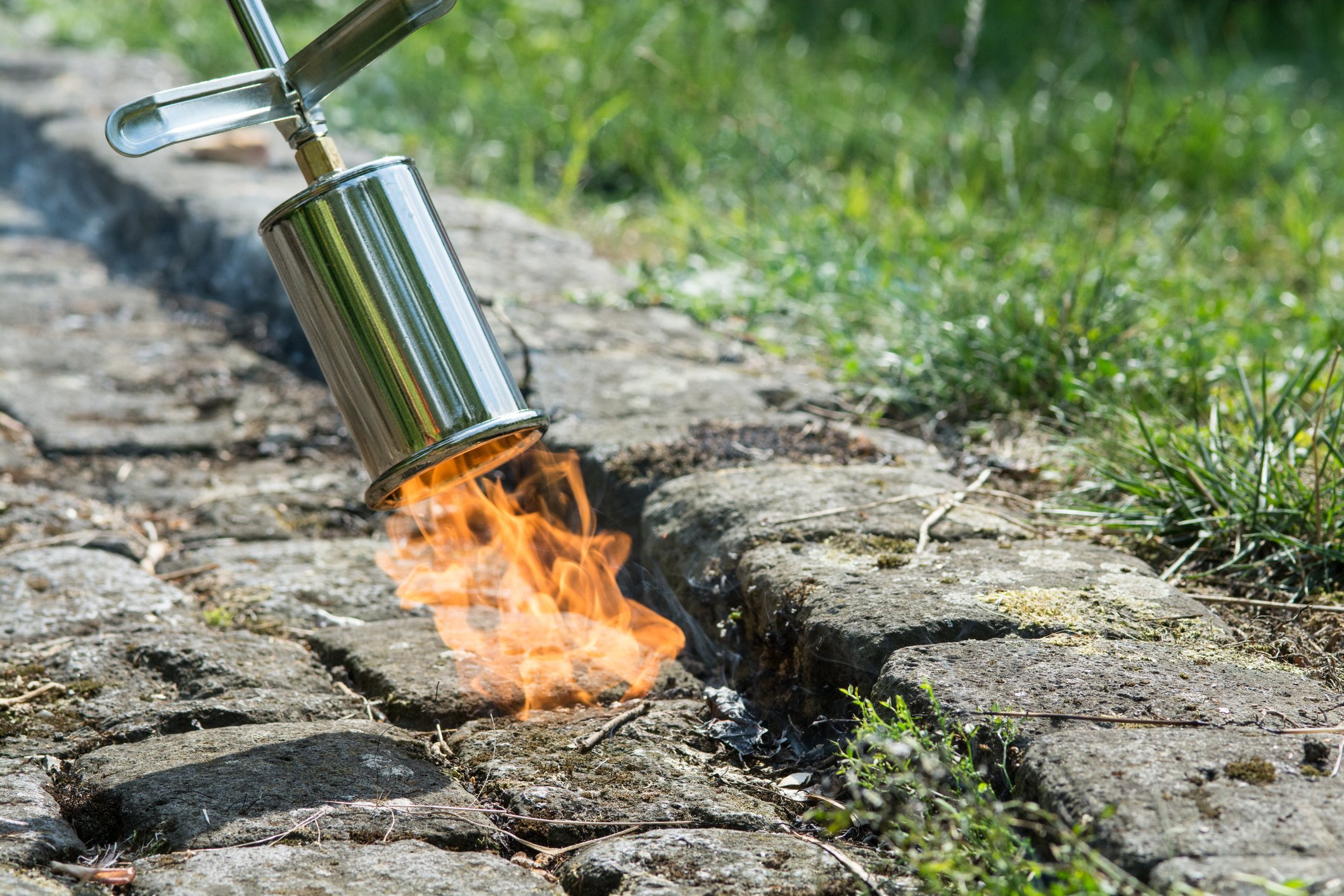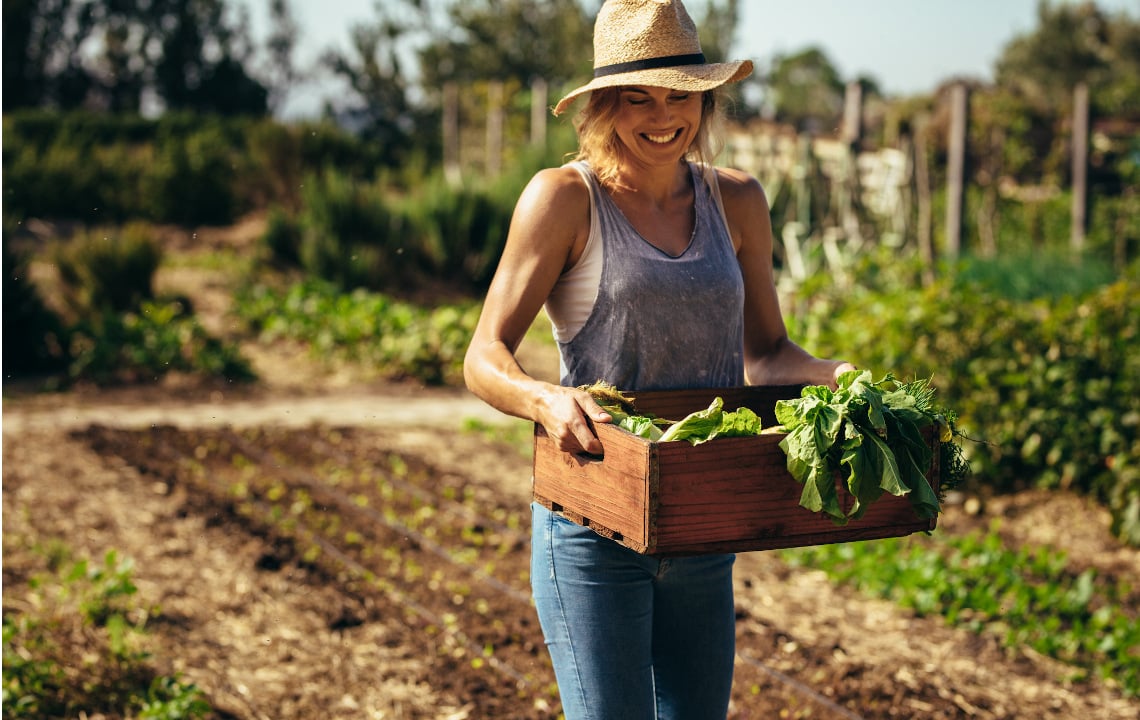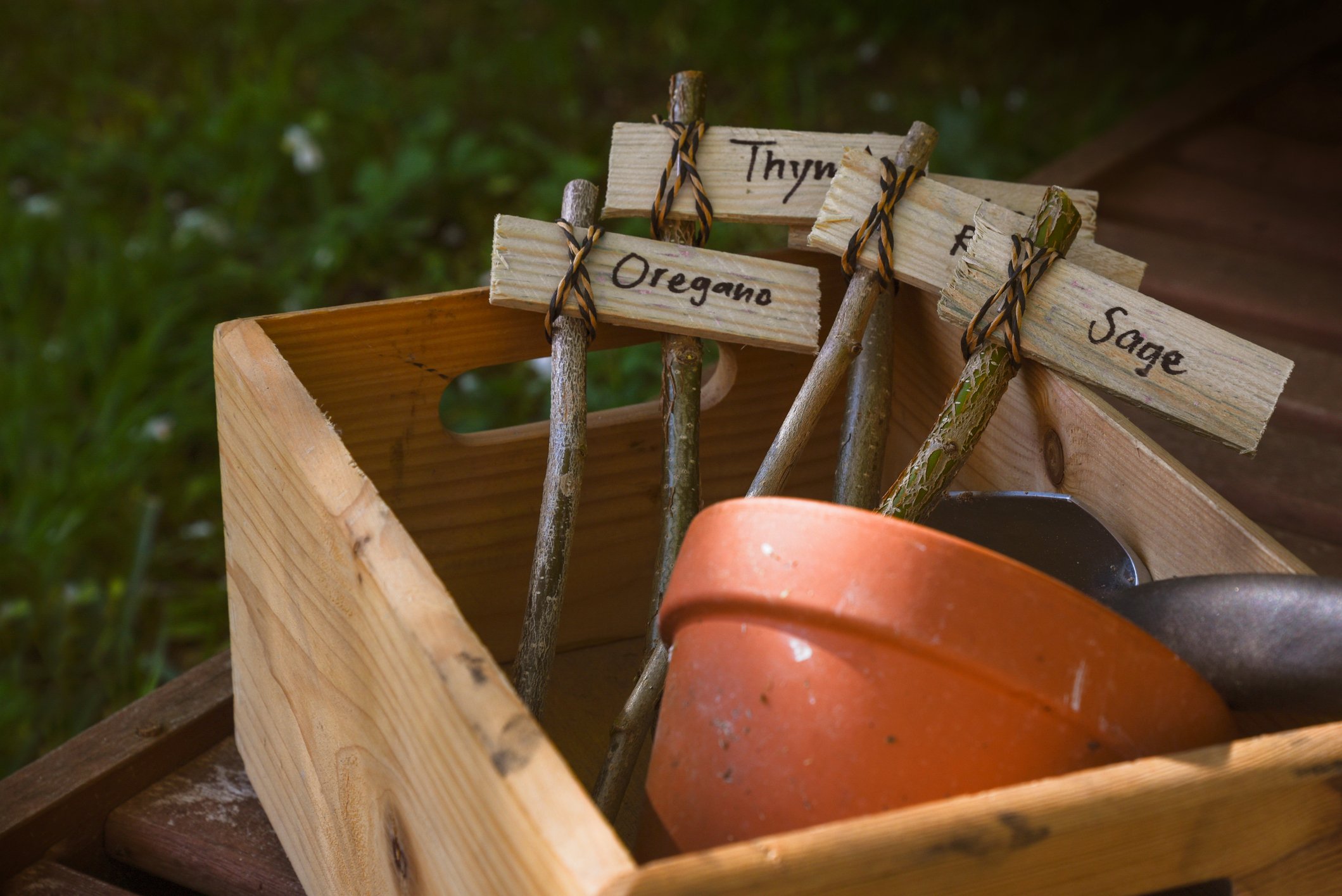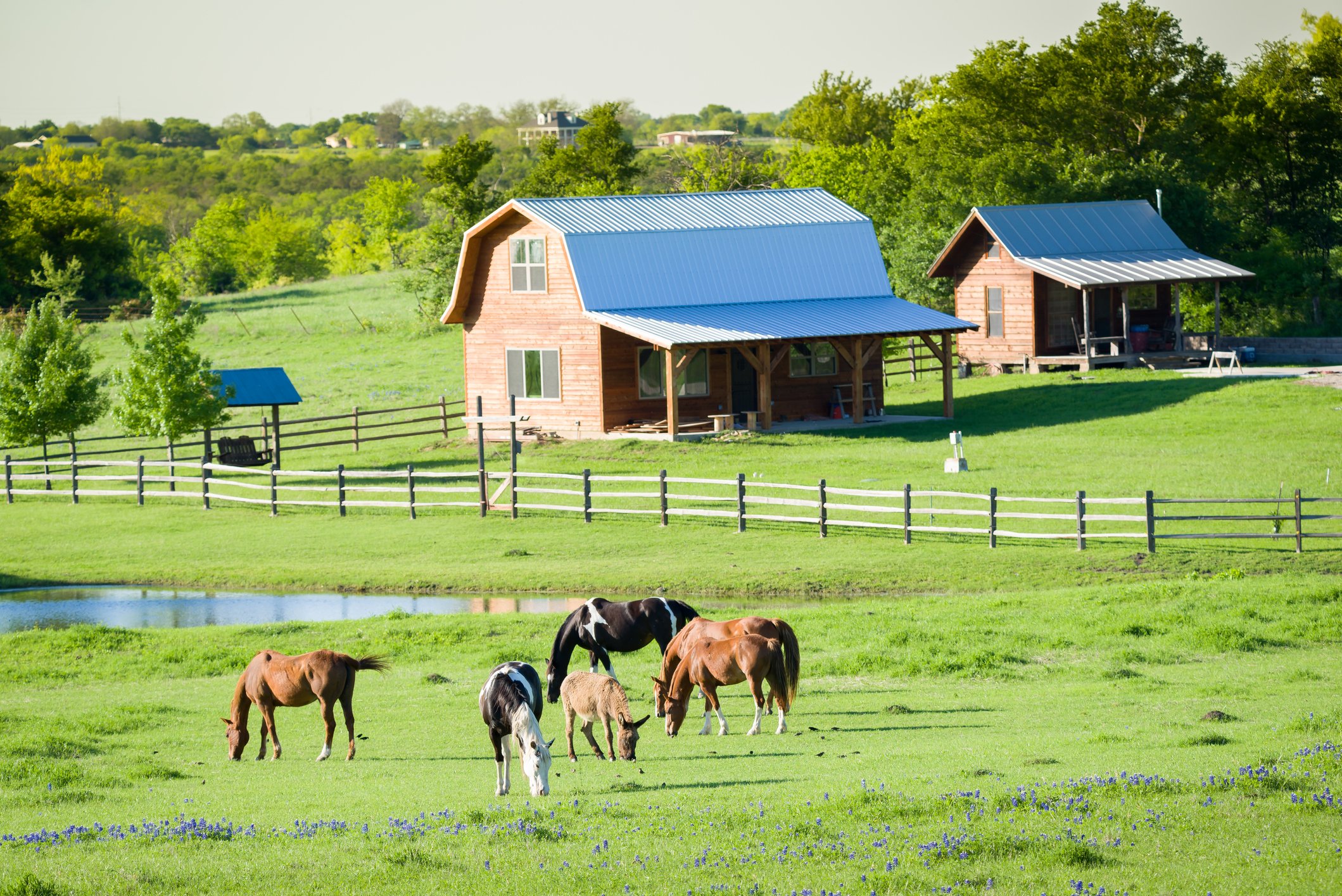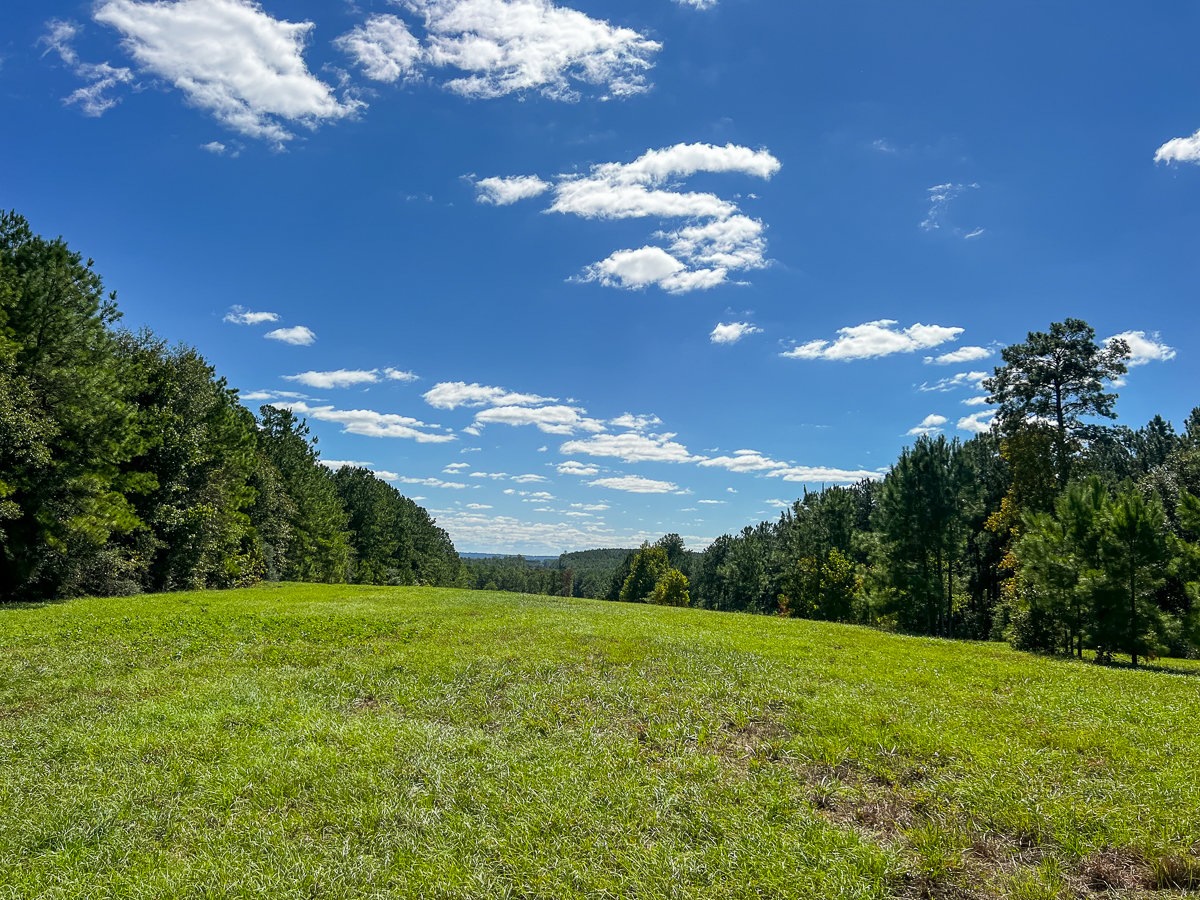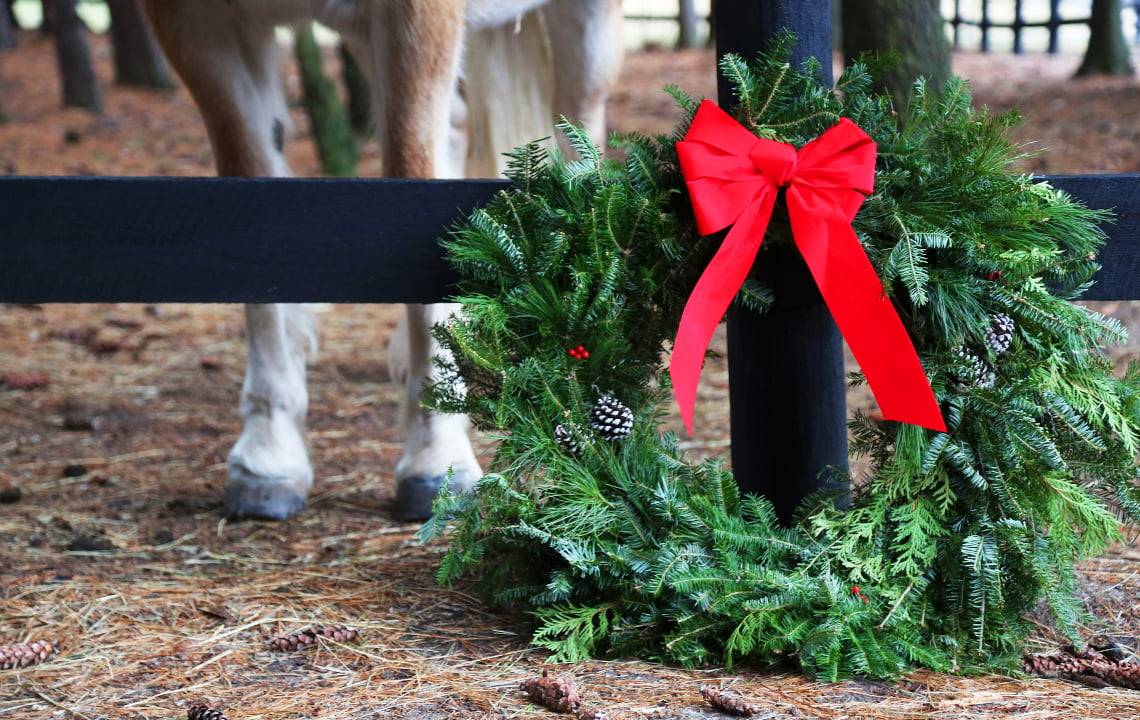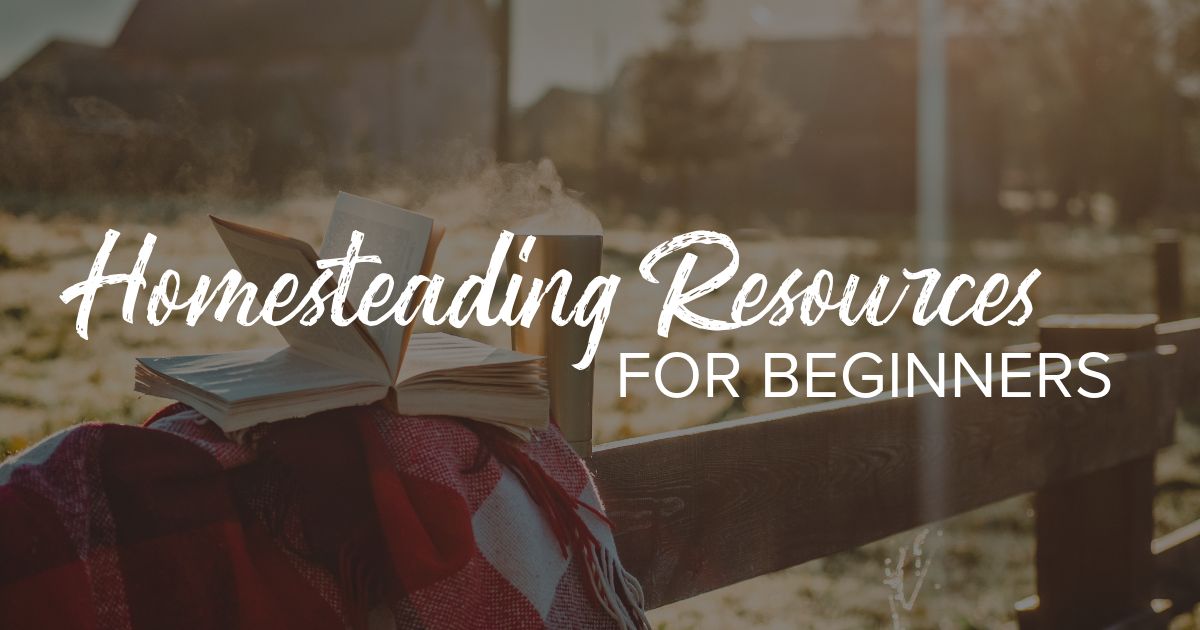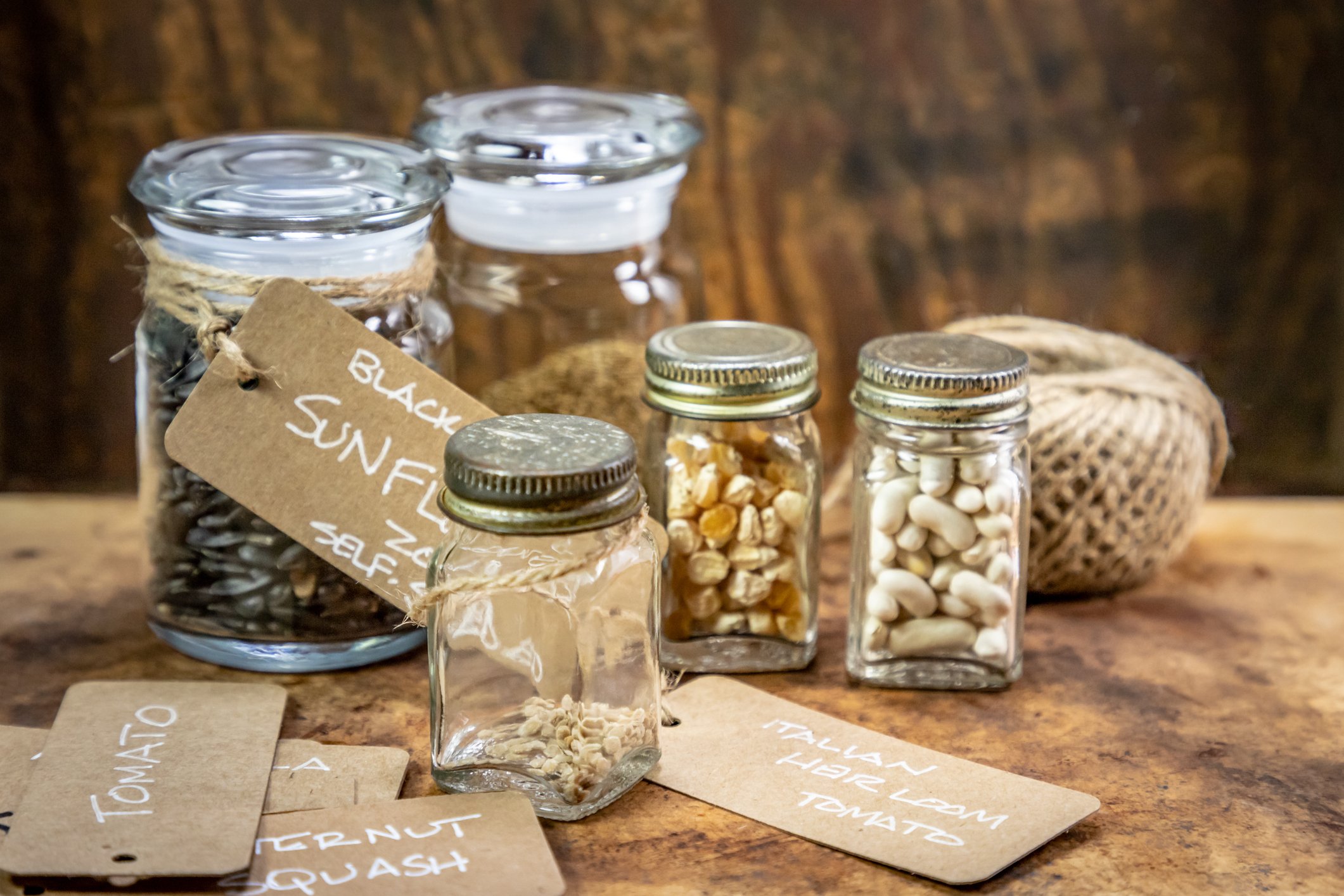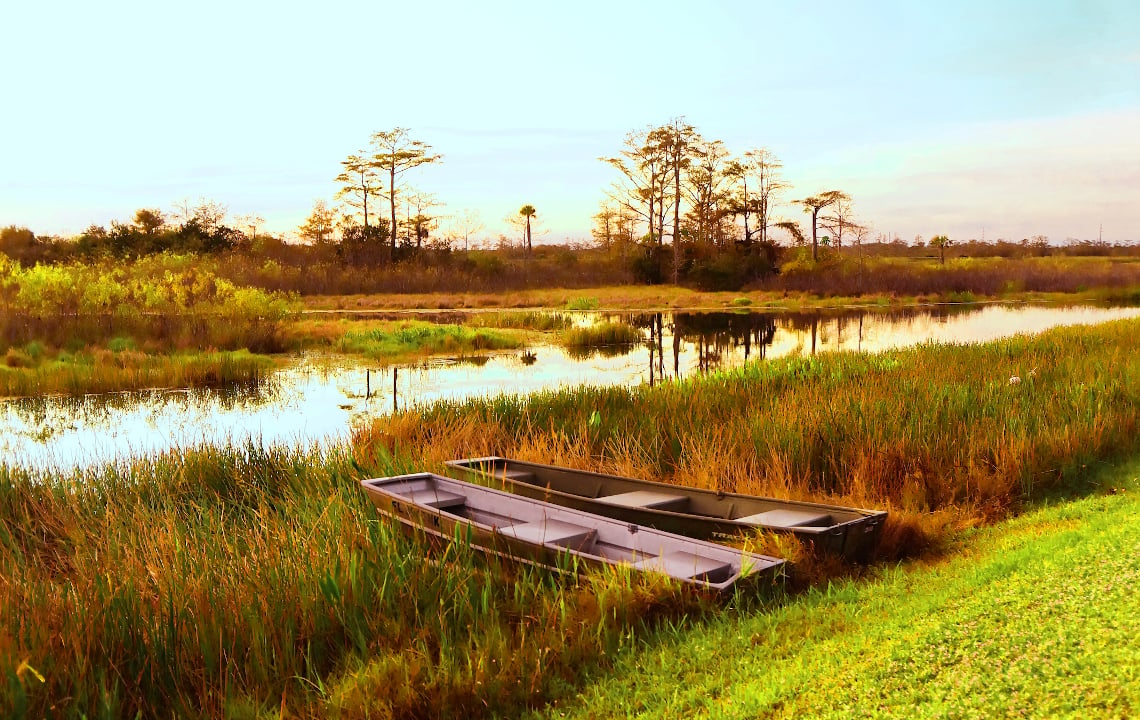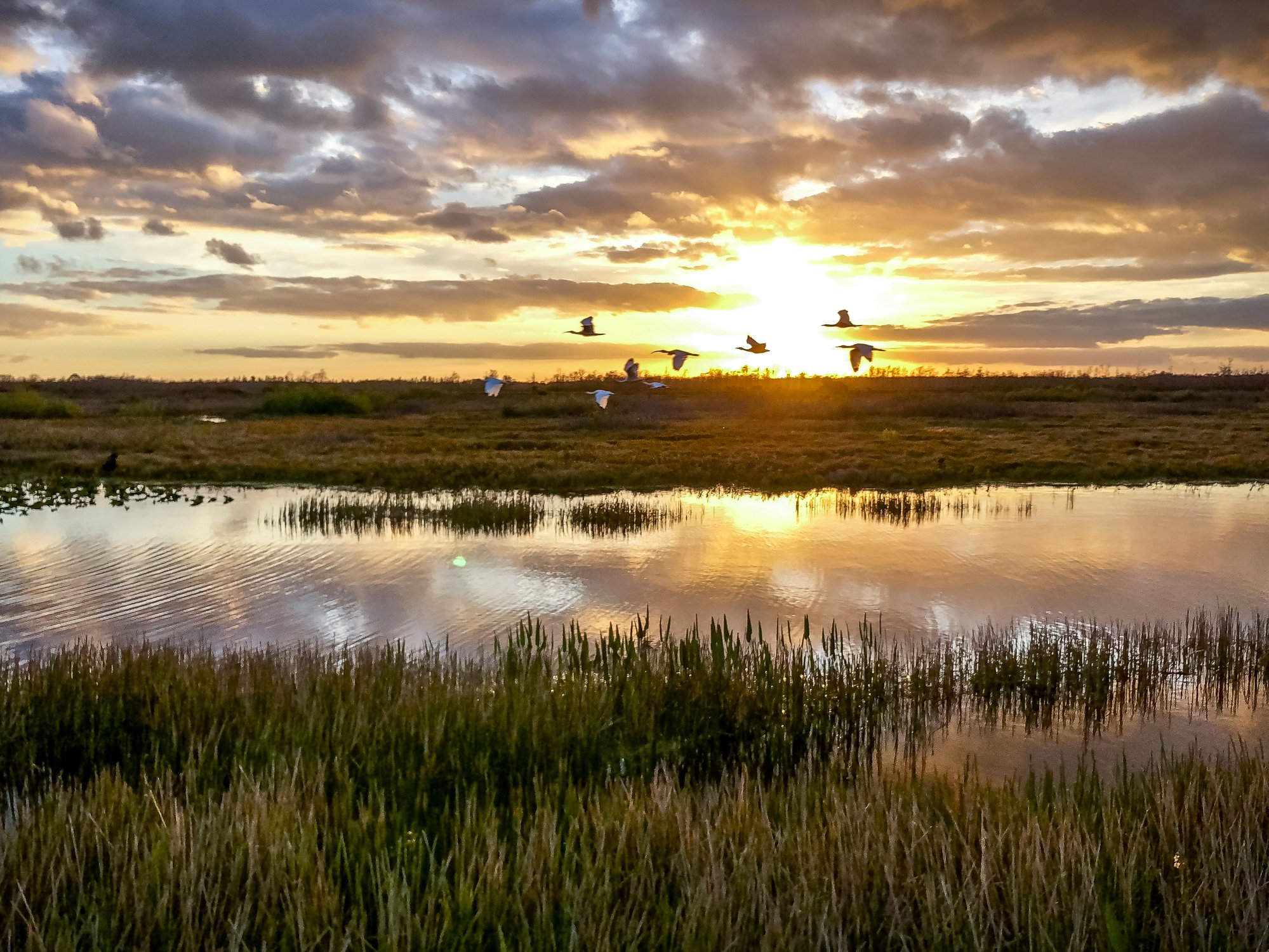The prospect of buying land is a lot less intimidating when you understand the basic process. To help, we asked a broker and land specialist, and accredited land consultant your most frequently asked questions about how to buy land.
We see you there, standing in front of the sink, elbow deep in dishwater, staring out the kitchen window … directly into your neighbor’s living room. Sure, your subdivision is nice, and you have a tree or two. But it’s starting to feel crowded, suffocating even. You need space, air, a place to run and stretch and plant more than three potted tomato plants a season.
You need land.
Sound familiar? How do you go from dreaming of acreage of your very own to signing on the dotted line? As with any major purchase, buying land starts with doing your homework and planning ahead.
It’s also vital to find an experienced land broker in your area to guide you through the process — which can be tricky and vary widely from state to state — even property to property.
“Buying land is not like buying a home,” says Nathan Morrow, a broker and land specialist with Morrow Land Group in Lake Charles, Louisiana. “What I recommend is to have a plan in place before you start actually visiting properties. By having an understanding of your overall budget, timeline, and how you hope to use the property, you will feel much more confident when it comes time to tour properties.”
We asked expert land brokers, Morrow and Jonathan Goode, an accredited land consultant with Southeastern Land Group in Dadeville, Alabama, to weigh in on some of our most pressing questions about the land buying process — from search to final sale. Here’s what they had to say.
Q: What’s my first move when I’m ready to stop dreaming and start buying?
A: It’s not sexy, but the key to a successful land search starts with getting your finances in order.
“Having a good idea what the overall cost is going to be so there’s not any kind of surprises definitely helps you hone in on your search and what you’re looking for and know your limits,” says Morrow. “It’s the thing nobody wants to talk about: finances, but getting into it head on definitely makes the process go smoother. That’s where I’ve seen folks get into trouble, they get to the five-yard line and the financing falls through.”
Start here: Meet with a land lender, get preapproved for a loan (if you’re not paying cash), and get a solid handle on exactly how you want to use your land.
Q: How much is it going to cost me to buy land?

A: The most honest answer to the cost question is — it depends.
Goode gets this one a lot, and he compares it to asking how much it will cost to buy a new car. Just like a high-end luxury car is going to set you back a heckuva lot more than a 10-year-old Kia, a cleared-out plot fifteen miles out of town with utilities in place is going to be priced higher than something 50 miles out with minimal road access.
To help break it down, consider the following factors that most often impact cost:
-
Location. Typically, the closer you are to a city or town, the more you’ll spend on a piece of property. Things like school district and road access can also play into pricing.
-
Utilities. Is your land hooked up to city water and power? Is there a septic system already on site? This plays into the initial pricing as well.
-
Size. Most often, land is priced by acreage and can vary greatly by size and what’s on the land. In general terms, Morrow notes you could expect to pay anywhere from $10,000-$15,000 per acre for a 3- to 5-acre tract; $8,000 - $10,000 for 5 to 10 acres and $5,000 - $9,000 for 10 to 15 acres.
Learn how appraisers determine land value
Morrow notes, though, that looks can be deceiving when it comes to the initial sticker price of a tract of land.
“Some of the pitfalls folks get into is when they see a 5- or 10-acre parcel that might not seem that expensive, but they get into it and realize that a driveway may cost $30,000. It's going to cost $20,000 to clear, and then they've got to run water and power.” says Morrow.
Costs can really add up even before you start to build your dream homestead. Finding a broker who can help you price out a tract of raw land that includes your vision for how you’ll use, it is paramount to the process.
Q: How do I pay for it? Cash vs financing
A: Now that you know what it’s going to cost you, it’s time to start figuring out how you’re going to pay for it. If you have the cash, the sale will typically be less complicated. If you plan to finance the property, Morrow strongly suggests going with a lender who specializes in agriculture or land loans, such as the Farm Credit System that operates in a number of states throughout the country.
“They can offer different loan products that a traditional home loan might not be able to provide,” says Morrow. “A lot of the Farm Credit System affiliates have products that if you did want a hobby farm, they can finance the land, they can help you finance the tractor, some can even do construction loans. There are local community banks that offer rural financing products as well, so I highly recommend checking around for the best option.”
While there’s no one right answer for securing a land loan, a land lender will provide additional land expertise throughout the process by allowing the buyer to tap into their network of land professionals and service providers.
“Dealing with a land lender, they're going to understand everything about a rural land purchase, all the things that go into it,” says Goode. “Their underwriters are going to look at things like a well or septic tank. If you're dealing with an out-of-state lender that's a big company that's not used to making small acreage or farm loans, they're not going to be familiar with all those sorts of things. They're looking for very cookie cutter type residential purchases, where a land lender is going to understand all the details about things specific to their area.”
Goode, who literally wrote the book on buying and selling rural land, agreed to share some inside tips from his how-to guide, typically reserved for his local clients. Here’s his advice for working with land lenders:
Land Lenders can be Flexible.
A good loan officer will ask you lots of questions about your situation, in order to find the best option for your land purchase. In some instances, a lender will accept a property you own free and clear as collateral in lieu of a down payment. If a property you are considering purchasing has a valuable stand of timber, it is possible to work a deal with your lender and a timber buyer to sell some of the timber and reduce the amount of the loan you will need.
How much down payment do they require?
Land lenders typically require 15% to 25% of the purchase price to be paid by the buyer at closing. This usually comes as a big surprise to first time land buyers who are expecting to put 5% to 10% down. It is good to know how much down payment your lender is going to require, so you can calculate how much you can afford.
Research your lending options on the front-end.
Contact multiple land lenders early in your property search. This allows you to be armed with the knowledge of what you are capable of purchasing. Be prepared to provide your loan officer a W-2 or other relevant financial information. They will need this to get the ball rolling for you.
Excerpt from The Basics of Buying Land, by Jonathan Goode
There are other ways to pay for land, including cash, a self-directed IRA or like-kind exchanges. Talk to your land broker and lender about the best option for you. Check out this deep dive into some of the pros and cons associated with each, and learn more about how to finance a rural land purchase in the south.
Q: How long does it take to buy land?
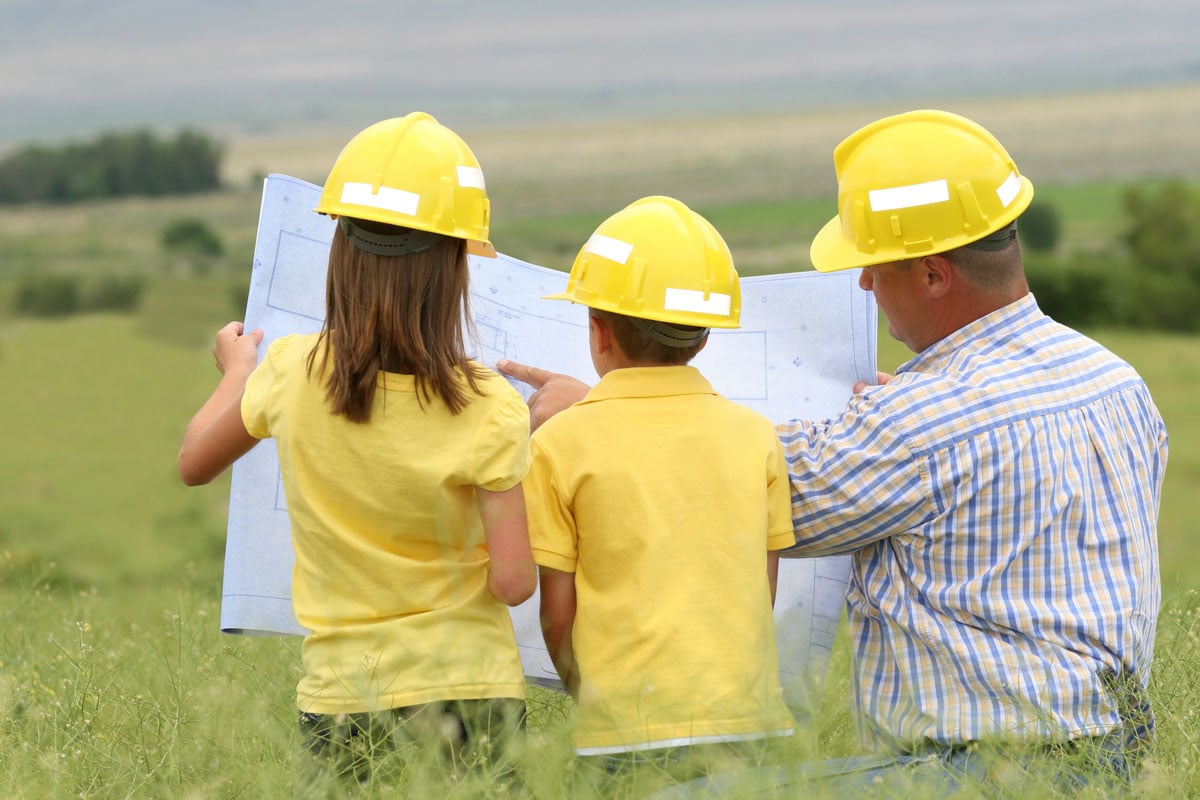
A: Again, it depends, but Morrow estimates the process from start to finish typically takes between 60 and 90 days.
“I tell people to have patience,” he says. “Sometimes land deals take a little time and there are things that need to be worked out.”
There are a variety of issues that can hold up the process. Morrow notes there can be title snags when you’re dealing with land that’s been in a family for generations, like disputes about who gets money from the sale. But, if you’ve done your due diligence up front, most things are straightforward and easy to fix with a little time and legwork.
Q: What should I know about zoning?
A: Specific categories and distinctions around land zoning will vary depending on location, but it’s important to have a general understanding of how land is zoned before jumping into a sale.
Here are a few you may encounter as you’re looking raw land:
-
Agricultural zones are meant to limit the residential density of an area and/or protect land for agricultural use. Morrow recommends looking at properties in this category, and then keeping the distinction after your purchase. “You’ll have to have your residence assessed at a residential millage, but if you buy 10 acres you want to keep 9 of it as zoned agriculture. You’re basically stating you’re not going to develop it, you’re going to keep it for ag purposes. That keeps your property tax down,” he says.
-
Industrial zones can be confusing. Morrow notes some of the properties with which he’s familiar in the heart of Louisiana’s oil and gas industry are zoned for those purposes but can look rural. “There might be a piece five miles out of town that looks wooded but could be zoned heavy industrial.” Once you dig deeper, you’ll typically find a much higher price tag, as well as the threat of an industrial complex sprouting up down the road at a moment’s notice.
-
Rural can mean different things in different areas of the country, but according to Findlaw.com, “The ‘rural’ zoning designation is often used for farms or ranches. In certain parts of the country, this designation will include residences zoned to allow horses or cattle.”
“You definitely need to check the zoning and also depending on what type of ag property it is, definitely do your homework on title searches,” Morrow says.
A title search can give you valuable information about previous owners and how they used the land. It can also save you headaches and surprises down the road. If, for example, you learn the property adjacent to yours is owned by an oil company, you could expect an oil well to pop up next door.
For both title information and zoning regulations, start with your county zoning commission. The earlier in the process you do this the more time you’ll have to change course if you hit a speed bump.
Q: I’m ready! Now what?

A: Start by checking out our Buying 101 section for the ins and outs of starting your land search. If you’re looking for land in Georgia, Florida or Texas, we’ve got comprehensive state-specific guides for more in-depth pricing and finance information.
Above all, find yourself a qualified land broker who can be your guide through the process.
“I take the role of the point person,” says Morrow. “I have a team of attorney contacts and lender contacts I can reach out to. I have [foresters], farm managers and farmers in my network. I can be that point guard to say, ‘here’s all the resources I can provide’ and then channel all of that as the go-between.”


